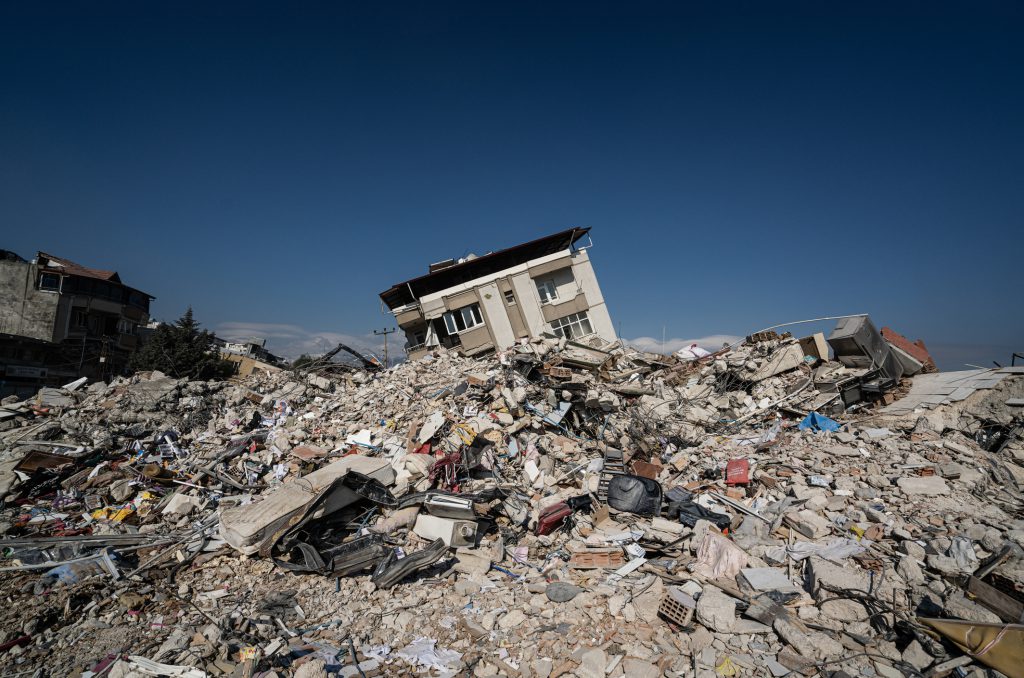€455 million in EU aid after natural disasters

MEPs approved nearly €455 million in EU Solidarity Fund aid in response to recent natural disasters in Romania, Italy and Turkey.
Members of the Committee on Budgets express their “deepest solidarity” with the victims, their families and all individuals affected by the natural disasters in Romania, Italy and Turkey. They made reference to the “increasing number of severe and destructive natural disasters in Europe”, saying that “due to climate change extreme weather events such as those observed in Romania and Italy resulting in emergencies are going to further intensify and multiply”. The EU should, MEPs say, “strengthen its efforts to tackle climate change both in the Union and globally.”
The European Commission has proposed to use the European Union Solidarity Fund (EUSF) to grant financial assistance to the three countries affected to the value of €454, 835,030. EUSF assistance will cover parts of the costs of emergency and recovery operations like repairing damaged infrastructure, securing preventive infrastructure and the protection of cultural heritage, as well as clean-up operations. Under the fund’s rules, emergency and recovery operations may be financed by the EUSF retroactively from day one of a disaster.
The aid package was approved by 26 votes in favour, 1 vote against and 2 abstentions.
More information can be found here (Commission proposal) and in the EP report by rapporteur Katalin Cseh (Renew, HU), who recommends approving the EUSF assistance. Council has already approved the aid on 18 September. The vote in plenary is scheduled for the 2-5 October plenary session.
The European Union Solidarity Fund (EUSF) was set up to respond to major natural disasters and express European solidarity to disaster-stricken regions within Europe. The Fund was created as a reaction to the severe floods in Central Europe in the summer of 2002. Since then, it has been used for 107 natural disasters covering a range of different catastrophic events including floods, forest fires, earthquakes, storms, and drought. The Fund has also been mobilised for 20 interventions as a response to public health emergencies.
